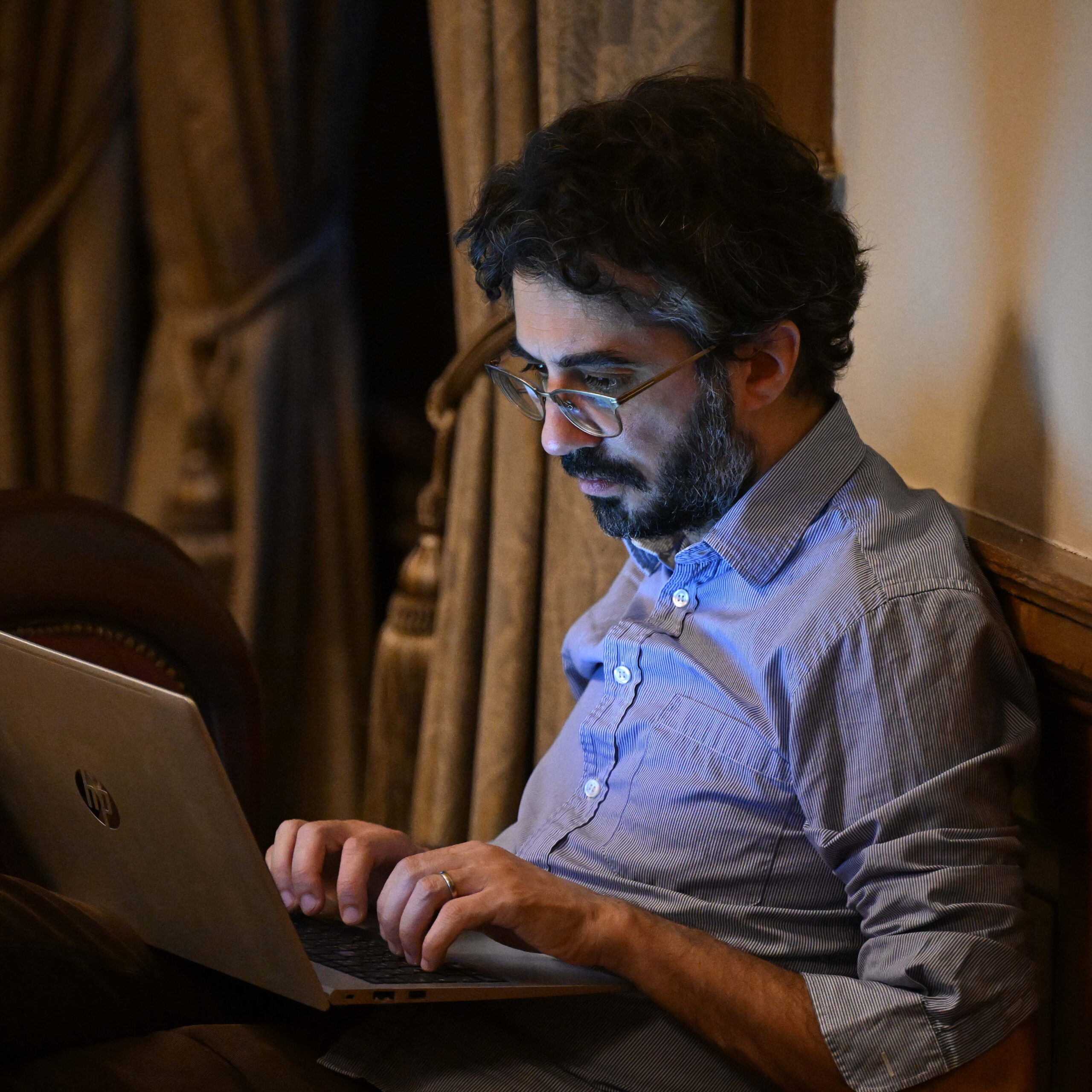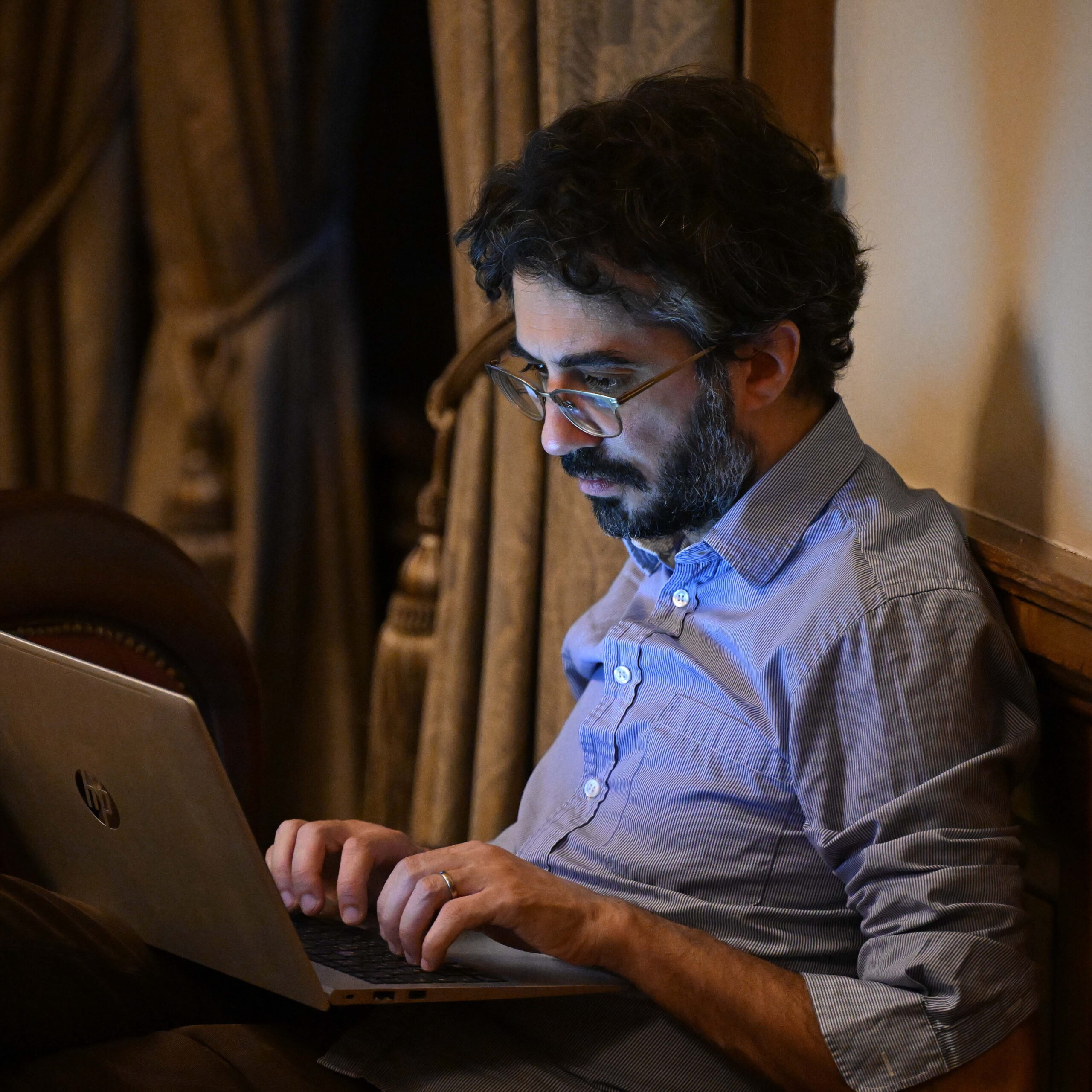
Yemen
The Republic of Yemen is a state on the Arabian Peninsula exhibiting low performance across all four categories of the Global State of Democracy framework. It ranks within the bottom 25 percent of countries globally in all factors, except Civic Engagement. Compared to five years prior, its performance has remained relatively stable, with no significant advances or declines. Yemen's economy has been devastatingly affected by an internationalized civil war ongoing since late 2014, resulting in widespread poverty, soaring inflation, and disrupted trade.
The Republic of Yemen was established in 1990, unifying North Yemen, a post-Ottoman republic since 1918, and South Yemen, a former British colony that became the Arab world’s only Marxist state in 1967. After unification, religious and cultural differences between the North and South remained a key driving force of Yemeni politics. The country was ruled by President Ali Abdullah Saleh’s patronage-based regime until the 2011 mass protests forced him out of power in 2012. A transitional government was appointed under a Gulf Cooperation Council and UN-led process to avert civil war. However, the process excluded key actors, including the young people who initiated the protests, the Houthi movement and the Southern separatist movement. As the Houthis rejected the transitional government’s proposal to divide the North (where the Houthis originate) as part of a new federal state, and took control of the capital, Sana’a, the country has been embroiled in an intractable, internationalized civil war between the Houthis and the government since 2014.
The territory is fragmented among five main powers: the Republic of Yemen Government, Houthi forces, the UAE-backed Southern Transition Council, and Al-Qaeda in the Arabian Peninsula. Originally a militant movement derived from the Zaidi branch of Shia Islam, the Houthis (Ansar Allah) have expanded beyond their Zaidi revivalist roots to become a major political and military opposition to the government. Nonetheless, the conflict’s origins run deeper; and in some ways can be seen as an extension of Yemen’s first civil war (1962-1968) between a conservative Zaidi tribes and a mostly secular republic steered by a foreign-educated and revolutionary urban elite. The current conflict has also been shaped by interference from a variety of foreign actors, including the rivalry between Saudi Arabia and Iran. Military actions by the United States and Israel against the Houthis (due to their opposition to Israel’s war in Gaza) have further entrenched levels of violence.
The ensuing humanitarian crisis has been marked by epidemic outbreaks, widespread poverty, acute malnutrition, and a lack of reliable access to drinking water and sanitation, with disparities in the local delivery of basic public services, which have been severely disrupted. The splitting of the central bank into two rival authorities has exacerbated the economic collapse and currency devaluation. The war has disproportionately impacted women, who face some of the world’s widest gender gaps despite nominal constitutional protections. LGBTQIA+ rights are severely restricted and same-sex sexual activity is criminalised and carries a maximum sentence of death by stoning.
Looking ahead, it will be critical to watch any steps towards a ceasefire, prospects for peace talks, the evolution of the economic conflict between the Houthis and the government, and the war in Gaza's transnational impact on Yemen. Given the severity of the humanitarian crisis, little will change until the conflict is resolved and the indicators of Basic Welfare are addressed.
Last Updated: June 2025
https://www.idea.int/democracytracker/
August 2025
Israel assassinates Houthi Prime Minister alongside cabinet members

On 28 August, Israel launched a strike against Houthi leaders in Sanaa, assassinating Ahmed al-Rahawi, the Prime Minister of the Houthi-led government (the Supreme Political Council), along with a dozen other senior cabinet members. The strike came amid ongoing regional tensions, with escalating attacks between Israel and the Houthis since late 2023, in the context of Israel’s war on Gaza.
*Since the impact of these events are felt primarily in Yemen, they are coded in the entries for the latter. While they are not coded for Israel, it is Israeli action that causes the effects on democracy in Yemen.
Sources: Al Jazeera, Al-Araby Al-Jadeed, Associated Press
November 2023
Houthi hostilities escalate in Yemen
Throughout November, Yemen has seen an increase in levels of violence as Houthi forces have increased their military activity in strategic areas like Taiz and Hodeida governorates, and reportedly established ballistic missile launch pads in Hodeida. Moreover, Houthi forces launched a series of attacks in the Alkassara region on 6 and 7 November, resulting in eight government soldiers' deaths and injuring 17 others. A potential assassination of the Army's Chief of Staff was narrowly thwarted in Marib on 7 November, with the Ministry of Defence attributing it to the Houthis.
Heightened Houthi violence has been further evident with intensified attacks against Israeli targets and interests in the Red Sea, escalating tensions in the region amidst the ongoing war in Gaza. The group launched several ballistic missiles at military posts in Eilat, a southern Israeli city, and claimed responsibility for drone and missile attacks on two Israeli vessels. The Houthis have pledged to continue military operations against Israel and prevent Israeli ships from navigating the Arab and Red Seas, in support of the Palestinians.
Sources: Reuters, Human Rights Watch, Asharq Al-Awsat, Al Jazeera, The Guardian
October 2022
Ceasefire comes to an end
Failure to renew and extend the UN-brokered ceasefire between the Yemeni government and the Houthis has led to fears of further violence. Fighting purportedly recommenced hours after the truce came to an end on 2 October, and an attack on an oil port by the Houthis on 21 October has drawn regional condemnation. The ceasefire, which had commenced on 2 April 2022, was the longest pause in fighting over the 7-year conflict. It led to a reported reduction in civilian casualties and displacements, and an improvement in civilian access to basic services and economic opportunities - although political violence continued throughout the ceasefire.
Sources: Al Masdar Online, Security Council Report, ACLED
September 2022
Series of attacks against judiciary recorded
A Supreme Court judge was abducted and killed in Sana’a, the capital of Yemen, by an armed group connected to the Houthi movement, according to the Yemeni government. Judges and administrative workers have suspended court operations in protest over the killing, demanding that those involved be charged. The killing is one of a series of violent incidents against members of the judiciary that occurred within a week between the end of August and early September 2022. Attacks against the judiciary over the course of the 7-year conflict have been documented in the 2020 Annual Report of the United Nations High Commissioner for Human Rights, but the Yemen Judges Club has warned of escalation if an appropriate response to these latest incidents is not taken.
Sources: BBC Monitoring Service, ‘Briefing: Yemen government condemns killing of judge by “Houthi-linked” group’, 1 September 2022, < https://monitoring.bbc.co.uk/product/c203pmmj> accessed 14 November 2022, OHCHR
See all event reports for this country
Global ranking per category of democratic performance in 2024
Basic Information
Human Rights Treaties
Performance by category over the last 6 months
Blogs
Global State of Democracy Indices
Hover over the trend lines to see the exact data points across the years
Factors of Democratic Performance Over Time
Use the slider below to see how democratic performance has changed over time

